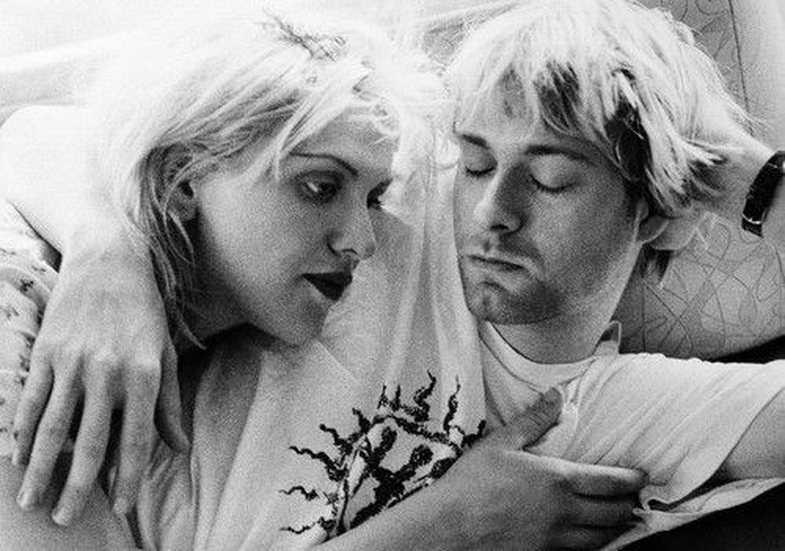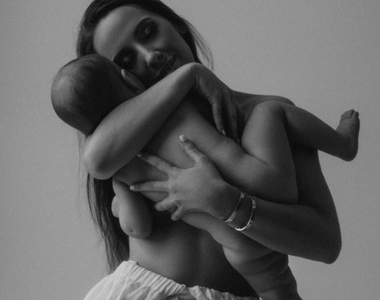
Is love a lie? Can you be happily married? Yes, but not, according to the pair therapist, Esther Perel.
The marriage we know - or rather, the marriage that we idealize - belongs to the recent times. Searching for a single person that fulfills you, which will last forever, is a new concept. "Never in family history, the emotional well-being of the couple has had no impact on the survival of the family," she says. "A couple may have been suffering for 30 years, but they did not do it. They were married for life - and if they liked it, they could congratulate the partner's death. "
Over time, we climbed above "the hierarchy of Maslo's needs," she says. We once called for physical security, and now we seek more sophisticated forms of "self actualization". We seek "from a single person what once offered a whole village."
This is an improvement of the miserable marriage where for 30 years we just congratulated the partner's death. But, according to Perel, we must bear in mind that we are dealing with unexplored territories and that we must show ourselves more tolerant of ourselves and the other side with us. This new model, where elections have replaced the rules, is accompanied by its own stress instigators.
"What was once ruled by the rules, duties and obligations today must be decided by talking. So everything is negotiation. Negotiate with your partner for where you want to live, if you want children, how many children do you want if you love them now or later. It is an infinite existential mess. I'm trying to say you're not suffering without cause. "
Then it makes sense that modern relationships are an endless source of pain, stress and anxiety. Despite these decisions to be taken, it is no surprise that things do not work. However, with humor and kindness we can do it. Perel compares love with the moon: "It's a strange way like [love] pulls and flows. When we think it has disappeared, it appears again. Love is not a state of constant enthusiasm. "





